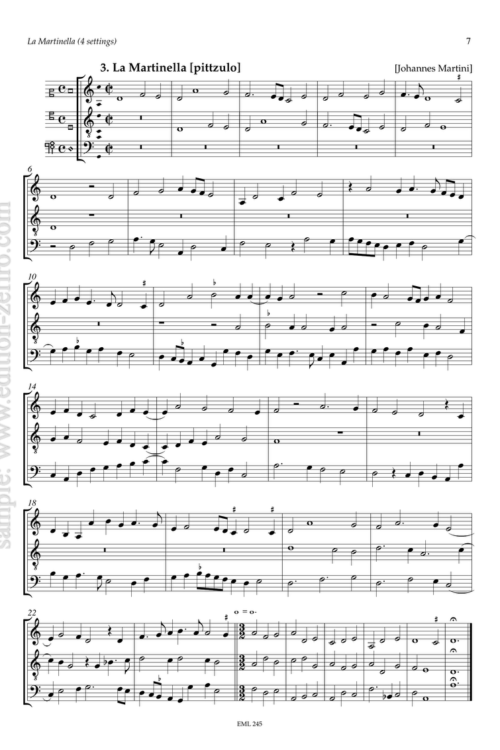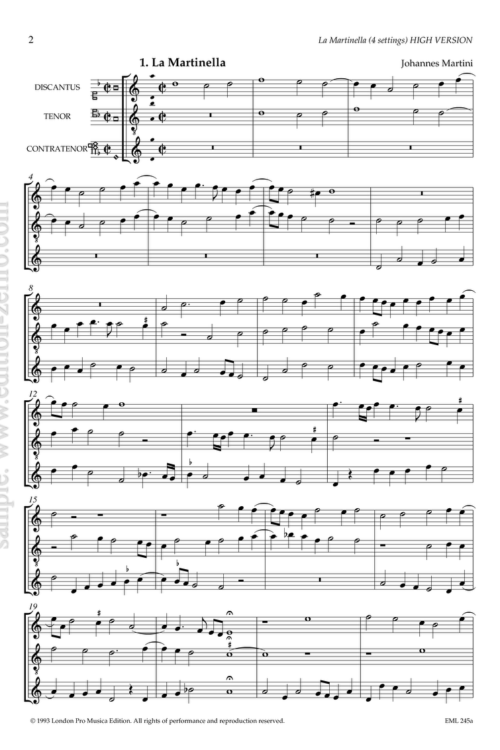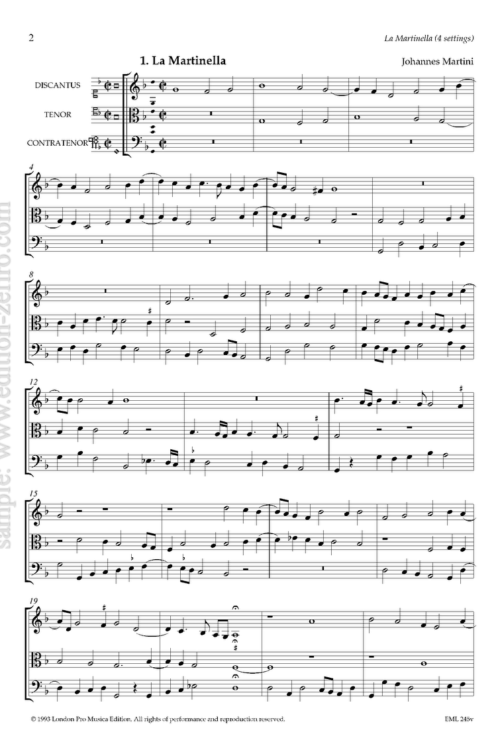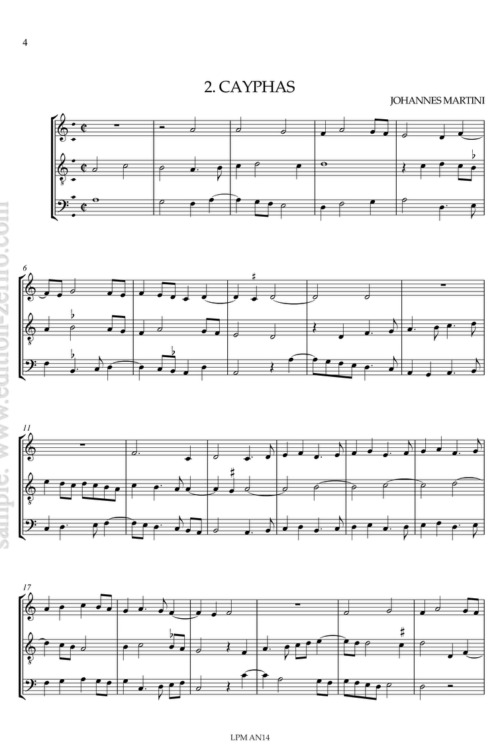Come On In
Johannes Martini was born some time in the 1440s in Brabant (now part of Belgium), and died in Ferrara in 1497. There is remarkably little information about him, but he turns up in 1473 in Milan, then an important centre for music under the patronage of Ascanio Sforza: colleagues there included Loyset Compère, Colinet de Lannoy and Gaspar van Weerbecke; even the great Josquin des Prés was for a time associated with this court, where he composed the highly sarcastic song El grillo. in an attempt to obtain money owed to him by the Sforza family. Martini probably did not spend too long at Milan, for a couple of years later he was working in another north Italian city with artistic ambitions, Ferrara. Ercole d’Este, the ruling figure there, inspired the Missa Hercoles Dux Ferrarie of Josquin. There is a possibility that Martini was the personal music tutor to Isabella d’Este, who was also a very active musical patron. Martini seems to have stayed at Ferrara for the rest of his life.
Martini was no radical, musically speaking, and much of his music seems quite backward-looking, especially when compared with that of Josquin des Prés. But he had a gift for pleasing and well-balanced melody: perhaps it was this quality that made his music so popular in Italy. Given his life history it is not surprising that the vast majority of his pieces survive in Italian sources. One particular source contains a very large number of his secular pieces, namely MS 2856 of the Bibioteca Casatense in Rome.
This manuscript consists mostly of untexted secular pieces, many of which were originally French songs, and is thought to have been compiled for instrumental performance, probably by wind instruments (it contains pieces in which some parts have seem to have been altered to reduce the total range). The majority of Martini’s songs have survived without texts. They work very well as instrumental numbers, especially as the ranges are usually quite modest.
(Bernard Thomas)





